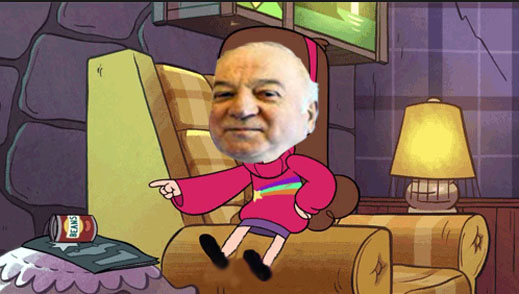By John Helmer, Moscow
Sergei Skripal, the self-employed entrepeneur, former Russian military explosives specialist and British espionage agent, is “in hospital under heavy sedation,” according to a High Court judgement issued last week in London. He is “unconscious” but appears not to be on life-support machinery. A Salisbury Hospital doctor testifed in court that Skripal and his daughter Yulia are “unable to communicate in any way” and “in a physically stable condition which is not expected to change in the immediate or near future.” According to the court, “medical tests indicate that their mental capacity might be compromised to an unknown and so far unascertained degree.” The implication is that they are comatose.
The High Court reported evidence from the doctor treating the Skripals that they have suffered “injury by a nerve agent” The court also accepted evidence from a government chemical and biological analyst at the Porton Down Laboratory that their injury had been caused by “exposure to a nerve agent or related compound. The samples tested positive for the presence of a Novichok class nerve agent or closely related agent.”
Justice David Williams, who presided in court and issued the March 22 ruling, did not identify a source or origin of this nerve agent. The judge also did not say nor did he rule that what happened to the Skripals was a crime.
The only official Russian explanation of what has happened came from Kremlin spokesman, Dmitry Peskov. He said on March 23 there had been an “accident”; for Peskov’s reference to an accident, click to read.
Skripal and his daughter were represented in court last week by a London lawyer named Vikram Sachdeva QC. He refuses to answer questions about his role or his clients. His appointment by the British authorities does not establish his independence; according to last week’s court record, he “supported much that Mr [James] Eadie [lawyer representing the British Government] submitted.” Sachdeva’s case record shows he has been involved in cases of unconscious people in the past, but Sachdeva appears to take the side of the authorities. “A safe pair of hands [for the government]”, a source familiar with Sachdeva’s record says.
The court record also reveals that Sachdeva refuses to have any contact with his client’s family in Russia or their business associates and contacts there. He testified in court that it is “not…practicable or appropriate to seek the views of others who might be interested in the welfare of Mr Skripal.” The judge acknowledged evidence in court that the Skripals “appear to have some relatives in Russia”, but added: “I accept that it is neither practicable nor appropriate in the special context of this case to consult with any relatives of Mr Skripal.”
Sachdeva’s refusal to open contacts with the Russian family and associates of Sergei Skripal to investigate the possibility that his injury was self-inflicted by accident, has triggered questioning by London and Moscow lawyers. These sources do not doubt that the British and Russian intelligence and security services have now gathered considerable evidence of Skripal’s activities before the March 4 incident, and of the contacts Yulia Skripal had with her father’s associates in Moscow before she flew to England on March 3. If no crime was committed, if an accident happened, then the sources point out that the evidence of the nerve agent in the Skripals’ blood amounts to only a small fraction of the evidence the British and Russian governments already hold. The lawyers also say this is circumstantial, not direct and determinative evidence.
Listen to the discussion of the Skripal case in this interview on Canadian radio with Michael Welch of the Global Research News Hour. Click to read. Click to listen, starting at Minute 5:50.

Source: https://soundcloud.com/user-918579032/two-criminal-accusations-against-russia-probing-the-skripal-affair-and-flight-mh-17
Interview starts at Min. 5:50 and ends at 29:30.
In Canada, the Global Research News Hour is broadcast by nine radio stations in British Columbia, Manitoba, Ontario and New Brunswick, including Simon Fraser University, University of Victoria, University of Winnipeg, campus and community radio stations in Ontario, and the University of New Brunswick St Johns.In the US, the Global Research News Hour airs from Boston College, Massachusetts, and the Progressive Radio Network. For more details, call-signs and listening times, click.












Leave a Reply